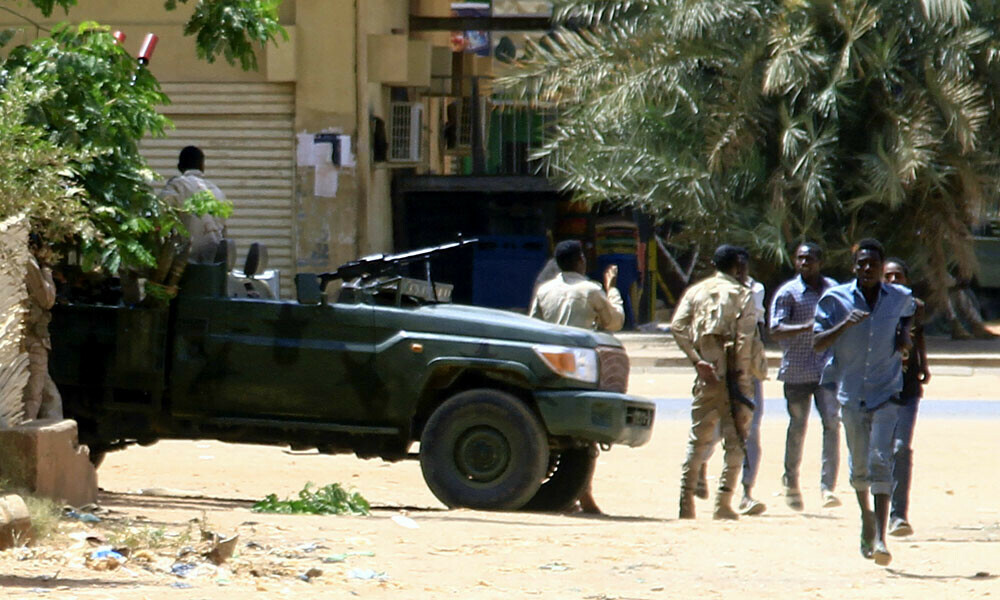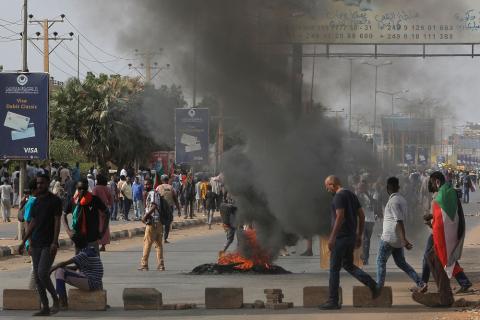At 21:45 local time, a new seven-day truce was declared between the warring sides in sudan. However, witnesses have reported more clashes in Khartoum and elsewhere.
The fighting began five weeks ago, sparked by a power struggle between regular army officers and a paramilitary element. Previous attempts to negotiate a long-term ceasefire in the north-east African country have been fragile or failed.

There was newfound hope for this new truce, which resulted from formal talks facilitated by Saudi Arabia and the United States.
A US-Saudi statement issued on Saturday stated that a "ceasefire monitoring mechanism" would enforce the new agreement, which acknowledged prior failures to maintain peace.
Did you read this?
However, the paramilitary Rapid Support Forces (RSF) delivered a threatening message only hours before the deal went into force.
In an audio message, Gen Mohamed Hamdan Dagalo, also known as Hemedti, stated that his men would not retreat "until we end this coup."
Moe Faddoul, a Khartoum resident, told the BBC that there were two significant airstrikes west of the city, near the military's main airbase.
There were additional skirmishes, but the violence has already ceased, according to Mr Faddoul.

According to Mr Faddoul, most residents had evacuated, no automobiles were on the roads, and only a few people were walking to hunt for essential goods.
Meanwhile, locals in Omdurman and Bahri, Khartoum's twin cities, told Reuters they had heard gunfire. They did not, however, report severe infractions of the truce.
Following days of tension, members of the RSF were redeployed across the country, which the army perceived as a danger; conflict erupted in Khartoum on 15 April.
The main disagreement is between Gen Dagalo and the military chief, Gen Abdel Fattah al-Burhan, who has served as Sudan's de facto leader since President Omar al-Bashir was deposed in 2019.
Hundreds of people have been murdered in the violence, and the UN has warned of a worsening scenario in a country where many people were already dependent on help before the conflict.
Since the crisis began, almost a million people have fled their homes.









